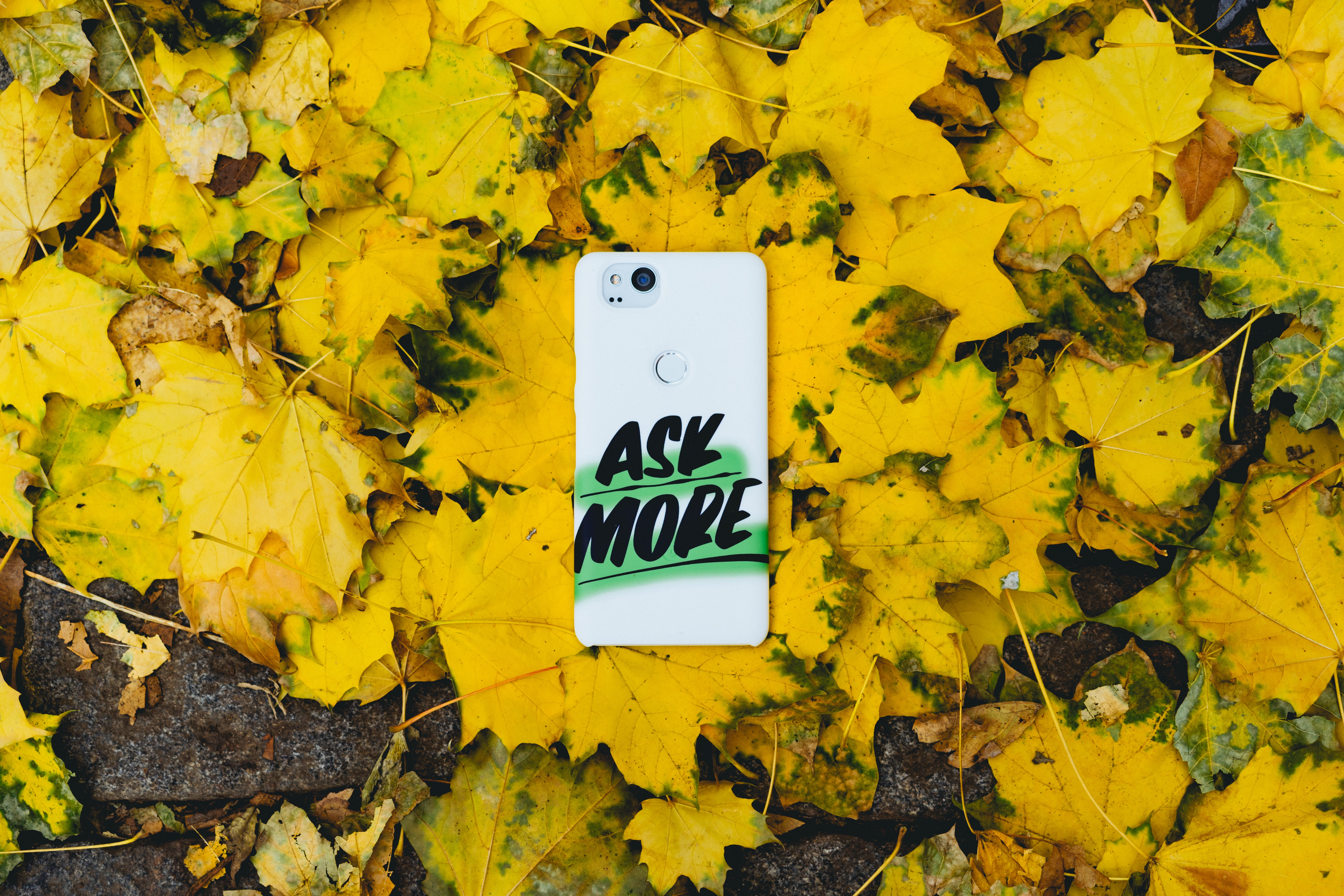Referrals

Sales is often compared to dating. Both take persistence. It’s important in both sales and dating to build rapport and to be a good listener. It’s also important to focus on the next step, which can be the next date or the next part of the sales process. One area where the analogy does NOT typically apply is with asking for referrals…“I really enjoyed our time together this evening and hope you did too. Can you think of anyone else like you, maybe a close friend, who would also benefit from going on a date with me?”
While asking for referrals is not recommended on the dating scene, it certainly is a best practice among many top performing salespeople. Here’s why referrals are great. They are typically very qualified leads and come to you more ready to buy than other prospects. This is because whoever referred them already gave them a sales pitch on your behalf. The other reason referrals are great is because if someone becomes a client by way of referral, they already understand that you work through referrals, and they are more likely to refer someone else. It’s contagious!
Most salespeople receive referrals reactively—clients are happy and they tell their friends or associates. The best salespeople receive reactive referrals, plus they make it a habit to ask proactively. It’s slightly uncomfortable at first because you are asking for help. Remember, your clients like you and want to help you. Top salespeople make asking for referrals a habit by adding it as an item on a written agenda or by using some sort of collateral that reminds them to ask in every meeting.
Once you build the habit of asking, the next challenge is how to ask—what to say. Many just ask: “do you know anyone else who could benefit from my product or service?” This is better than not asking at all, but there are more effective approaches. Here are a few approaches top performers use to generate referrals.
- Be specific. Instead of do you know anyone?...it’s better to be specific and to plant some seeds in your client’s head: “I know you said you play a lot of golf at the country club. Who else from your club would also be interested in custom suits?” This approach helps your client help you because you give him or her certain specific areas to think about.
- Ask for advice. “I really appreciate your business and working with clients like you. What advice would you give me if I wanted to meet more people like you (e.g. successful business owners who are looking to expand; sales leaders looking to invest in their people to improve performance, etc.)?” As you ask for advice, you also describe your ideal client, which compliments the person you’re asking. You’ll be surprised how much people will help you if you just ask.
- Top prospect list. This last approach has worked well in certain industries and requires some specific preparation. Some salespeople have a specific list of people or companies they’d like to do business with. They show this list (it shouldn’t be too long) to clients and ask for help: This is a list of prospects I’d like to do business with this year. Who do you know on this list? How would you recommend I meet them?
You’ll get more referrals and more business if you make asking for referrals a habit and if you use these 3 approaches: be specific, ask for advice, and use a top prospect list.